Keywords: Robodebt
There are more than 24 results, only the first 24 are displayed here.
Become a subscriber for more search results.
-

AUSTRALIA
- Joe Zabar
- 08 October 2024
2 Comments
Despite affecting millions, systemic and event-driven poverty is rarely discussed by politicians. In a nation facing growing economic uncertainty, can we afford to continue overlooking those most vulnerable to financial and social hardship?
READ MORE
-
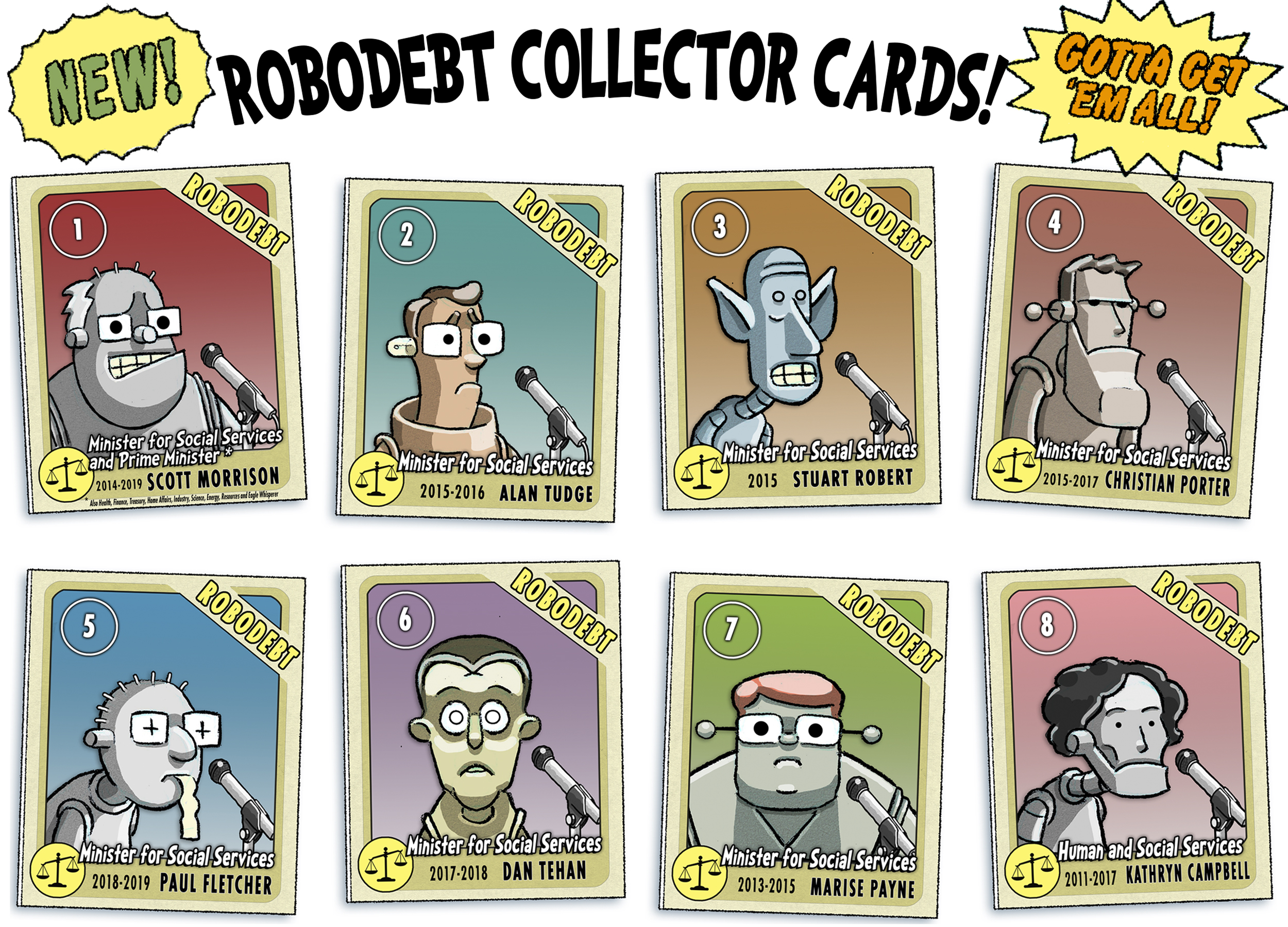
CARTOON
- Glen Le Lievre
- 19 June 2024
READ MORE
-
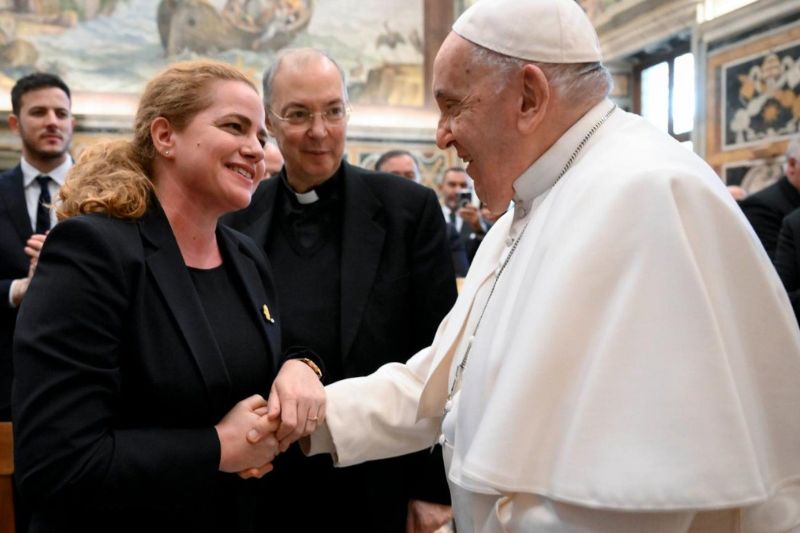
AUSTRALIA
- David Halliday, Michael McVeigh, Laura Kings, Michele Frankeni, Andrew Hamilton, Julian Butler
- 21 December 2023
10 Comments
To close the year for Eureka Street, the editorial team wanted to nominate who we considered to be the Eureka Street ‘person of the year’ based on this year's newsmakers.
READ MORE
-

AUSTRALIA
- John Falzon
- 14 December 2023
4 Comments
No doubt there were some who genuinely believed that privatising employment services would result in better services at a lower cost to the public purse. But the engineers of the socially destructive projects of the neoliberal era knew very well that they were more likely to result in the enrichment of some to the detriment of many.
READ MORE
-
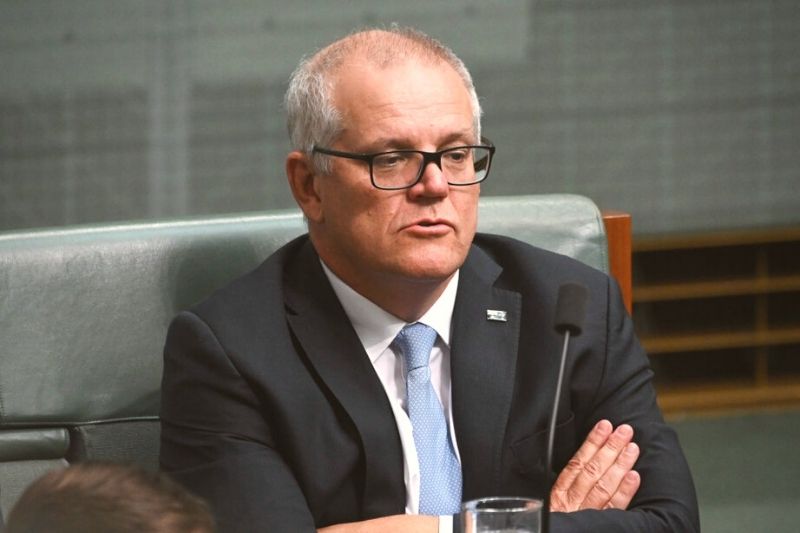
AUSTRALIA
- Mark Gaetani
- 02 August 2023
5 Comments
Despite causing despair and even leading to lives lost, those who orchestrated Robodebt from 2015 to 2019 appear unrepentant. Yet one fact remains unchallenged: this scheme lays bare a troubling disregard for the dignity of the most vulnerable in society.
READ MORE
-
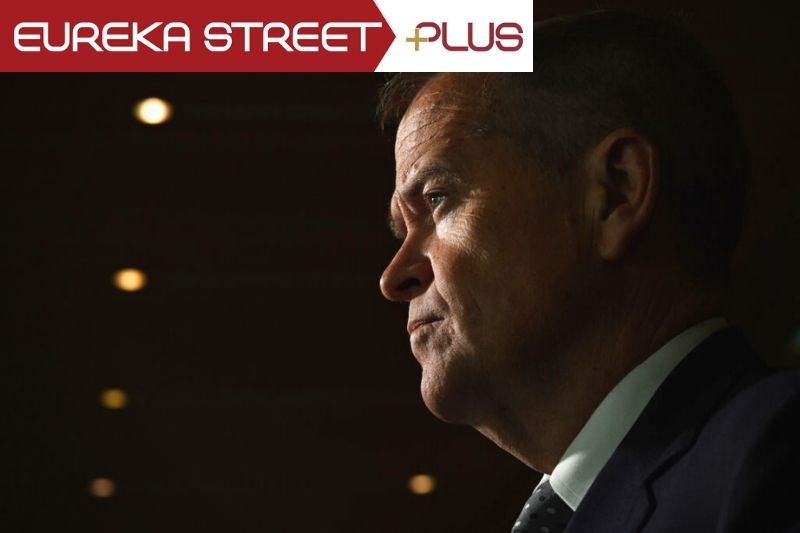
AUSTRALIA
- Julian Butler
- 24 July 2023
1 Comment
Navigating the political landscape where second chances are infrequent, Bill Shorten's comeback in Anthony Albanese's shadow cabinet echoes Billy Hughes' tenacious parliamentary presence. These instances raise the question: can an ousted leader carve out meaningful roles and contribute positively to a nation's public life?
READ MORE 
-

AUSTRALIA
- David Halliday
- 17 July 2023
In the aftermath of the Robodebt scandal, an unsettling public apathy has emerged. Beyond exposing the pitfalls of automated welfare and demanding accountability, the response — or lack thereof — spotlights a worrying indifference towards the disenfranchised.
READ MORE 
-
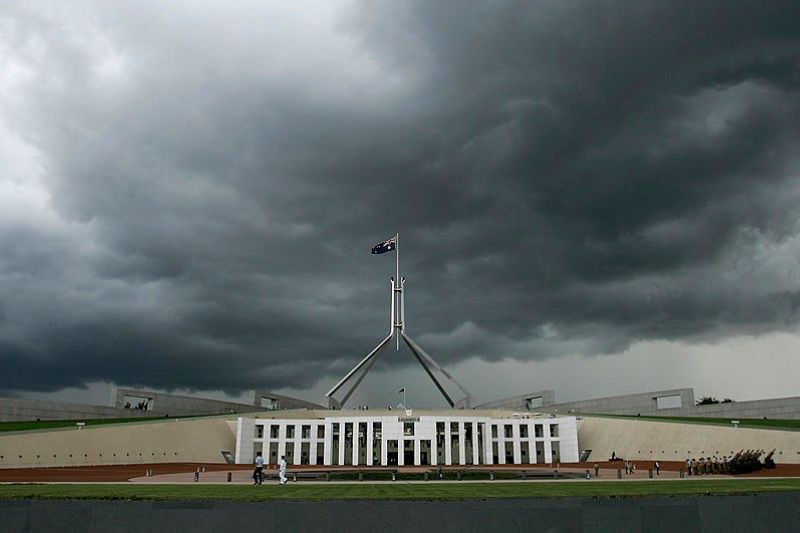
AUSTRALIA
- James Massola
- 14 July 2023
5 Comments
Catherine Holmes' Royal Commission report exposes the staggering mismanagement and human cost of Australia's Robodebt scandal. The scheme burdened over 500,000 Australians with non-existent debts and is linked to at least three suicides. This report unravels the culture behind the disaster and the potential repercussions ahead.
READ MORE
-
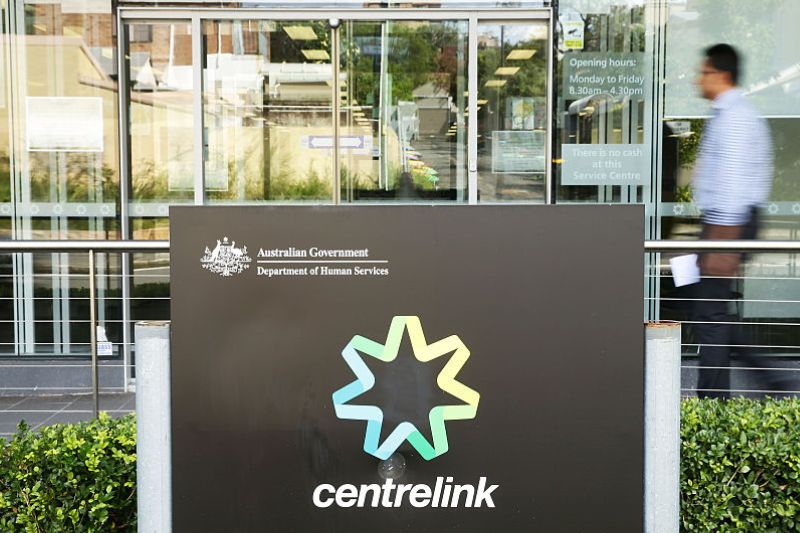
AUSTRALIA
- Andrew Hamilton
- 12 July 2023
6 Comments
Navigating the murky waters between legality and morality, Robodebt and the prolonged hotel detention of asylum seekers are both marred by the same neglect of human dignity and ethical responsibility, and should spark urgent discussions about our societal attitudes towards the vulnerable and the dire need for an ethical transformation.
READ MORE
-
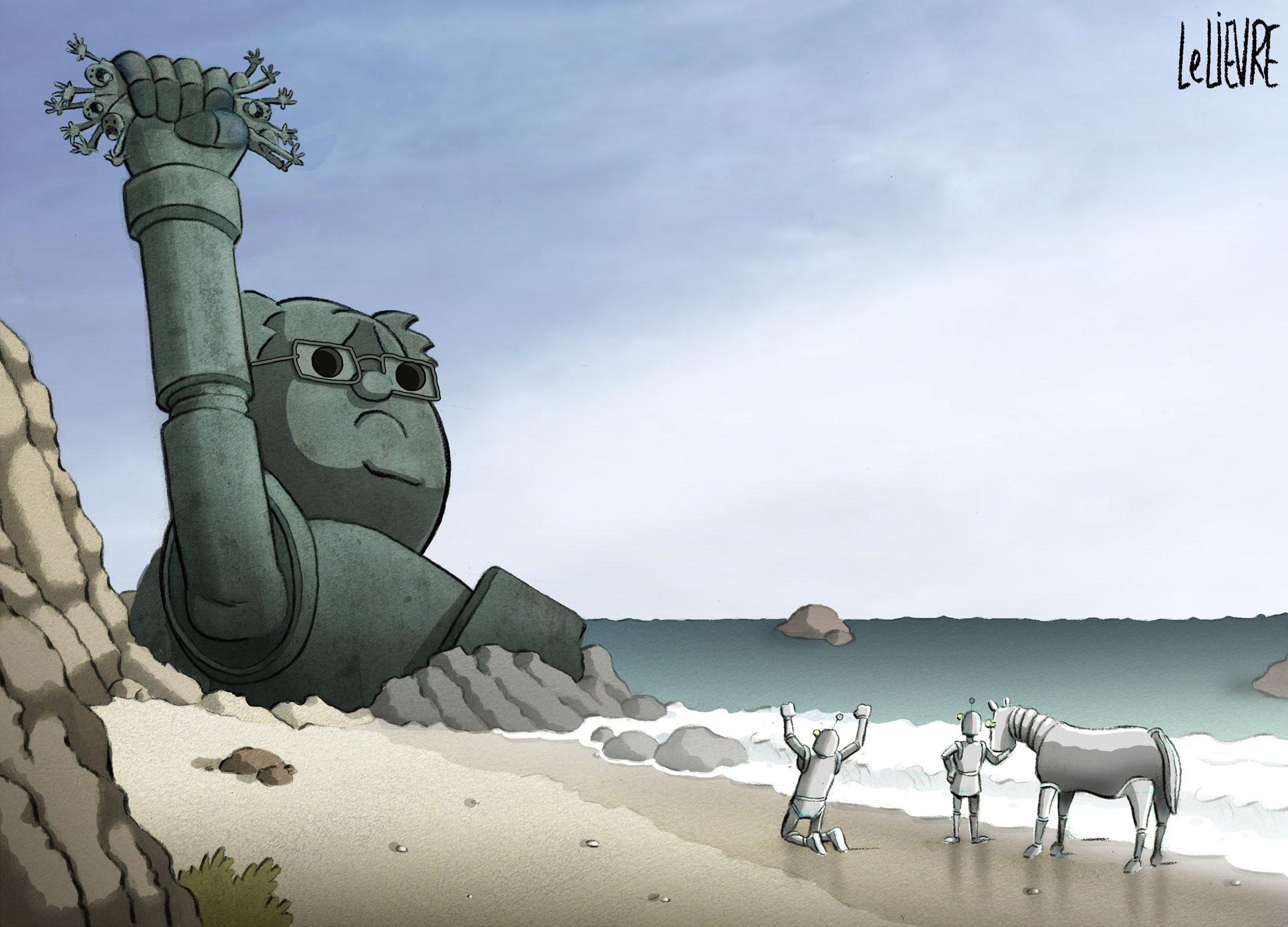
CARTOON
- Glen Le Lievre
- 11 July 2023
READ MORE
-

MEDIA
- Andrew Hamilton
- 20 April 2023
Defending the rights of individuals and apportioning blame for failure to respect them are an important part of the human story, but they are not the whole story. Is there a path to a more just and compassionate society that goes beyond blame and focuses on solidarity?
READ MORE
-
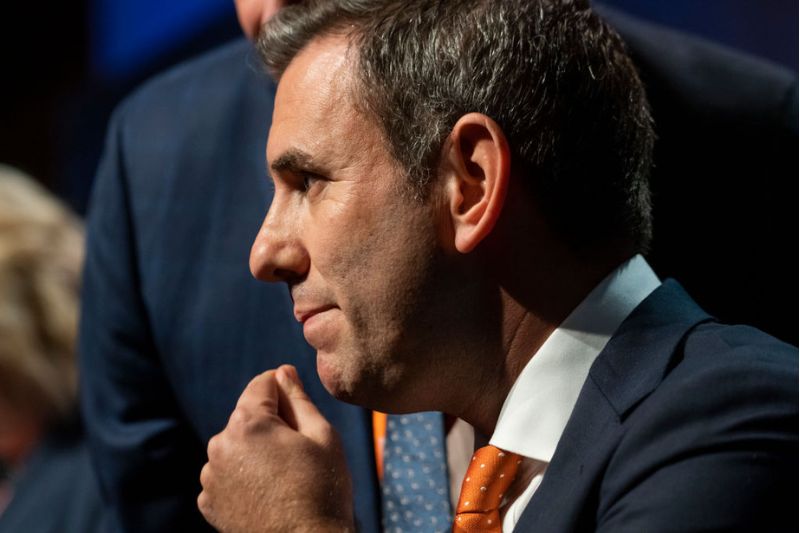
AUSTRALIA
The upcoming federal budget in May presents a crucial moment for the Albanese Government to address pressing challenges while restoring trust in political institutions. Transparency, integrity, and meaningful relief for households will be key to defining the government's path forward.
READ MORE